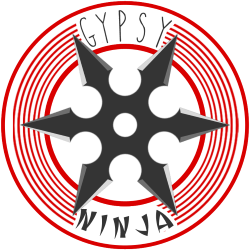
Ever wondered how Old English sounds like or if you would be able to understand it? If you thought people from the 16th century talked pretty much the way we do today, you’re in for a big surprise!

Old English sounds nothing like you would imagine and you will easily come to this conclusion after hearing the first words from this 500-year-old British poem read aloud, entitled “Speke Parott” by John Skelton.
The old poem, written in English (This is how Old English sounds like now, but then it was called simply “English) by John Skelton shows how close Old English was to French and it even has a few Spanish resemblances.
Here you have a transcript to get an even better idea of how Old English sounds like:
Lectoribus auctor recipit opusculi huius auxesim.
Crescet in immensum me vivo pagina presens;
Hinc mea dicetur Skeltonidis aurea fama.
PAROT
My name is Parrot, a byrd of Paradyse,
By Nature devised of a wonderowus kynde,
Deyntely dyeted with dyvers dylycate spyce,
Tyl Euphrates, that flode, dryveth me into Inde;
Where men of that countrey by fortune me fynde,
And send me to greate ladyes of estate;
Then Parot must have an almon or a date.
A cage curyously carven, with sylver pyn,
Properly paynted, to be my covertowre;
A myrrour of glasse, that I may toote therin;
These maidens ful mekely with many a divers flowre
Freshly they dresse, and make swete my bowre,
With, ‘Speke, Parrot, I pray you,’ full curtesly they say;
‘Parrot is a goodly byrd, a prety popagey.’
If you want to read the full transcript of the “Speke Parott” by John Skelton, the 500-year-old poem in Old English, click here.

